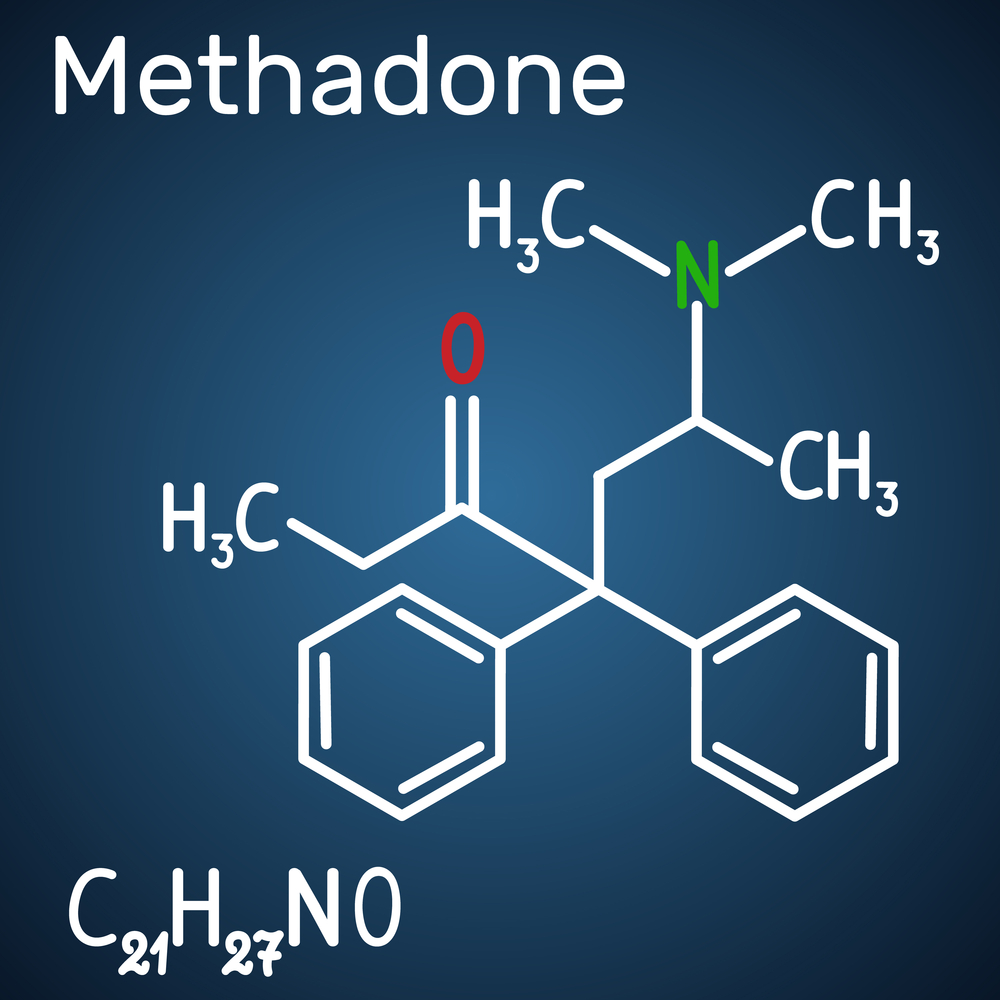Methadone, a medication used for decades to treat opioid use disorder (OUD), has played a critical role in the lives of many seeking recovery from addiction. While it has undeniably been a lifeline for countless individuals, its use is not without challenges and downsides. This blog post delves into the complexities of methadone treatment, aiming to shed light on its limitations and the concerns raised by patients and healthcare providers alike.
Table of Contents
ToggleThe Stigma of Methadone Use
One of the most significant barriers to methadone treatment is the stigma attached to its use. Patients often face societal judgment, stemming from misconceptions about addiction and the nature of medication-assisted treatment (MAT). This stigma can deter individuals from seeking methadone treatment, fearing judgment from their community, employers, and even family.
Daily Clinic Visits and Life Disruption
Methadone treatment typically requires daily visits to specialized clinics for dosing, a requirement that can significantly disrupt personal and professional life. This daily commitment can be particularly burdensome for individuals with job responsibilities, caregiving duties, or limited access to transportation, potentially impacting their ability to adhere to the treatment regimen.
The Risk of Dependency and Withdrawal
While methadone is effective in managing opioid cravings and withdrawal symptoms, it is itself an opioid agonist, which means patients can develop a physical dependence on the medication. The withdrawal process from it can be lengthy and more challenging than from other opioids, making the decision to discontinue treatment daunting for many.
Side Effects and Health Concerns
Methadone’s side effects can be significant and, for some, difficult to manage. Common side effects include drowsiness, weight gain, sweating, and constipation. Additionally, it can interact with other medications and has the potential for cardiac complications, such as prolongation of the QT interval, which requires careful monitoring.
Diversion and Misuse
The potential for diversion and misuse of methadone poses a concern for both healthcare providers and communities. While regulations and clinic protocols aim to minimize these risks, the reality is that any opioid treatment carries a risk of misuse, necessitating stringent oversight and management.
Accessibility and Regulatory Challenges
Access to methadone clinics is a significant hurdle for many individuals living in rural or underserved areas. The regulatory environment surrounding treatment, requiring administration in a clinic setting, limits its availability to those who cannot easily travel to a clinic daily. This accessibility issue can delay or entirely prevent some individuals from receiving the treatment they need.
Navigating Toward Solutions
Despite these downsides, methadone remains a valuable tool in the treatment of OUD. The key to navigating its challenges lies in comprehensive care models that address the whole person, including psychosocial support, counseling, and alternative MAT options when appropriate. Innovations in treatment delivery, policy changes to improve accessibility, and ongoing efforts to reduce stigma are crucial steps forward.
The Future of OUD Treatment
Looking ahead, the future of OUD treatment lies in expanding access to a variety of MAT options, including newer long-acting injectables that offer an alternative to daily dosed medications like methadone. Education and advocacy play vital roles in shifting public perception and policy to support evidence-based, compassionate approaches to addiction treatment.
Conclusion
Methadone treatment for opioid use disorder is a complex issue, with significant benefits for many but also challenges that cannot be ignored. By acknowledging and addressing these downsides, healthcare providers, policymakers, and communities can work together to improve treatment outcomes and support individuals on their journey to recovery. The goal is not to diminish the role of this treatment in addiction treatment but to enhance the support and options available to those battling opioid addiction, ensuring a more accessible, effective, and compassionate pathway to recovery.




